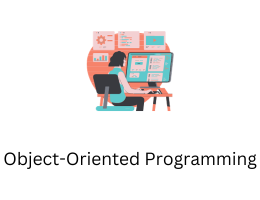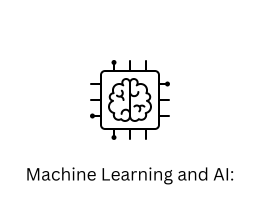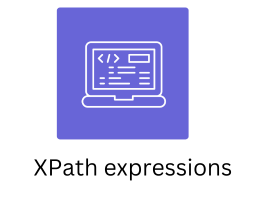
The Advantages and Limitations of Java Development
- By admin --
- Wednesday, 10 May, 2023
Java is one of the most widely used programming languages in the world, with over 9 million developers and counting. Developed by Sun Microsystems in the 1990s, Java is a high-level, object-oriented programming language that is designed to be platform-independent, secure, and easy to use.
Advantages of Java Development:
- Platform Independence: One of the most significant advantages of Java development is its platform independence. Java code can run on different platforms without any modifications, which makes it highly portable and flexible. This means that developers can write code once and deploy it on different platforms, such as Windows, macOS, Linux, and even mobile devices.
The reason behind Java's platform independence is the Java Virtual Machine (JVM), which acts as a layer between the operating system and the Java code. The JVM converts the Java bytecode into machine code that can be executed on different platforms. This approach makes Java code highly portable and eliminates the need for developers to write platform-specific code.
- Object-Oriented Programming: Java is an object-oriented programming language, which means that it follows the object-oriented programming paradigm. Object-oriented programming (OOP) is a programming paradigm that emphasizes the use of objects and their interactions to solve problems.
OOP makes Java code easy to write, maintain, and modify. The use of objects allows developers to break down complex problems into smaller, more manageable pieces. Objects also encapsulate data and behavior, which makes code easier to understand and maintain.
- Strong Memory Management: Java has a garbage collection mechanism that automatically manages memory allocation and deallocation. This mechanism frees developers from the responsibility of managing memory manually, which can be error-prone and time-consuming.
Java's garbage collection mechanism also makes it less prone to memory leaks and buffer overflows, which are common security vulnerabilities in other programming languages. The garbage collector periodically scans the heap to identify and remove unused objects, which helps keep the memory usage under control.
- Large Standard Library: Java provides a vast array of pre-built libraries that simplify the development process and make coding more efficient. These libraries cover a wide range of functionalities, such as networking, database connectivity, user interface development, and more.
Using pre-built libraries saves developers time and effort, as they don't need to write code from scratch for common functionalities. The standard library also ensures that the code is more reliable and efficient, as it has been tested and optimized by experts.
- Strong Community Support: Java has a large and active developer community that provides resources, tutorials, and support. The community is an excellent source of knowledge and expertise, and it can help developers overcome challenges and find solutions to problems.
The community also contributes to the development of new features and functionalities, which helps keep Java up-to-date with the latest trends and technologies. The strong community support also ensures that Java is a well-documented language, with ample resources available for developers to learn and master the language.
Limitations of Java Development:
- Slower Performance: Java is an interpreted language, which means that it is slower than compiled languages like C and C++. However, the performance gap has been significantly reduced in recent years with the advancement of the JVM.
The JVM includes a Just-In-Time (JIT) compiler, which compiles frequently used code into native machine code at runtime. This approach makes Java code faster than pure interpreted code, but it still lags behind compiled code in terms of performance.
- Large Memory Footprint: Java requires a large memory footprint, which can be a disadvantage when running on smaller devices with limited memory resources. This is because Java code requires a lot of memory to run, especially when compared to low-level languages like C and C++.
The JVM also requires





